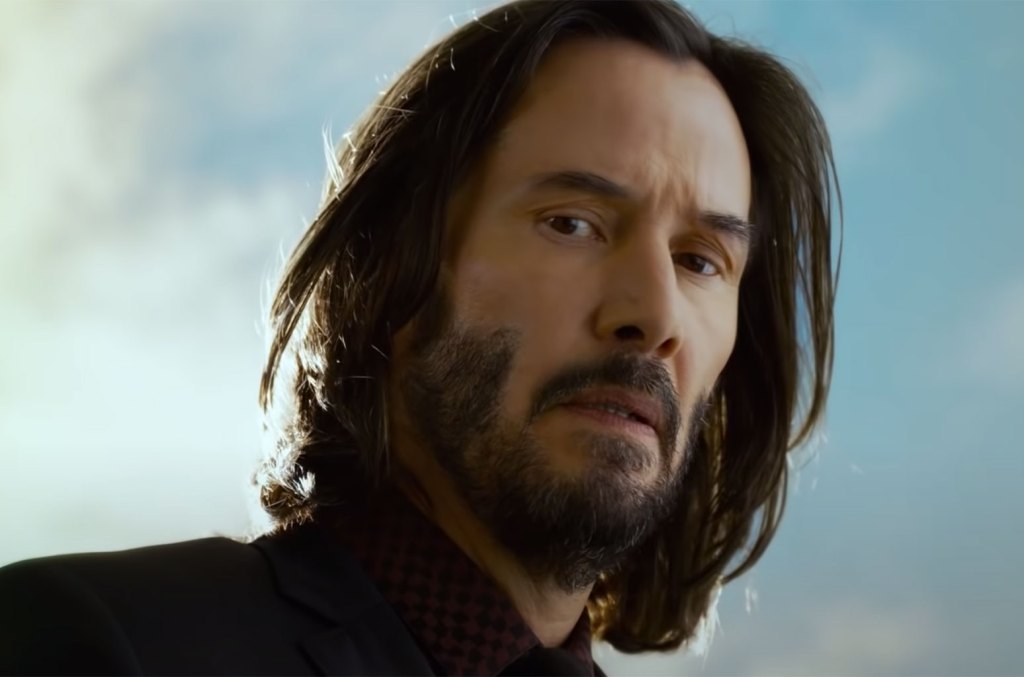The Tragedy of Macbeth
by Hope Madden
Coen brother Joel delivers a vision that’s both decidedly theatrical and profoundly cinematic with his solo directorial effort, The Tragedy of Macbeth.
This film is gorgeous, in an almost Bergman manner. Hardly aesthetic for aesthetic’s sake, in true Coen fashion, every inch of screen is dedicated to a purpose. The square aspect ratio, off-kilter framing and specific use of black and white add to the film’s look of madness. Up is down, black is white, and the ground is always moving beneath your feet.
Denzel Washington and Frances McDormand play the Lord and his Lady and this, friends, is a dream team. Two of the most celebrated and talented actors of modern cinema square off. The veterans give the relationship a depth that tinges the eventual madness with grief.
Washington humanizes Macbeth with a turn full of pathos. And no soliloquy, no matter how well-worn by time and pop culture, feels stale in McDormand’s bloody hands. The adaptation and cast forego lust for something deeper and more tender, but that tradeoff does rob the film of some excitement. If there is a chink in Macbeth’s armor, it is the muted emotion of it.
A supporting cast including Brendan Gleeson, Bertie Carvel, Harry Melling, Stephen Root and Ralph Ineson impresses scene after scene. A slippery Alex Hassell is particularly memorable as Ross, but Corey Hawkins’s powerful turn as Macduff is the film’s biggest surprise.
Let us pause a moment on the witches. The spectral sisters are played by Kathryn Hunter: spellbinding, contorted and unsettling. Her voice and image poison the beauty onscreen as they poison the mind of the Scot. The choice is inspired.
It’s not the only one. Coen’s writing — or editing, as he adapts the Bard – is precise and pointed. When is it not? Coen’s venture into Shakespeare, though it strips away the humor and quirk you may associate with Coen Brother filmmaking, stands as a strikingly Coen film. And that has never one time been a bad thing.


